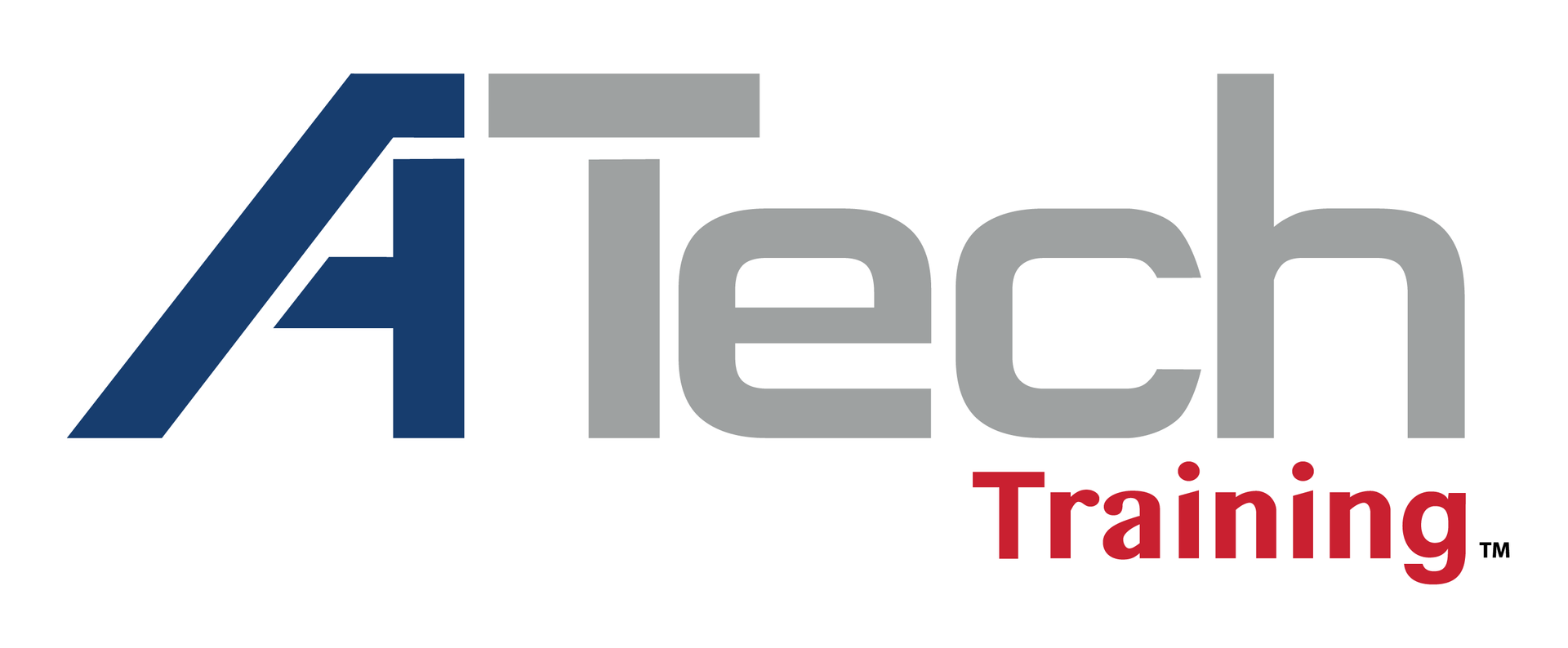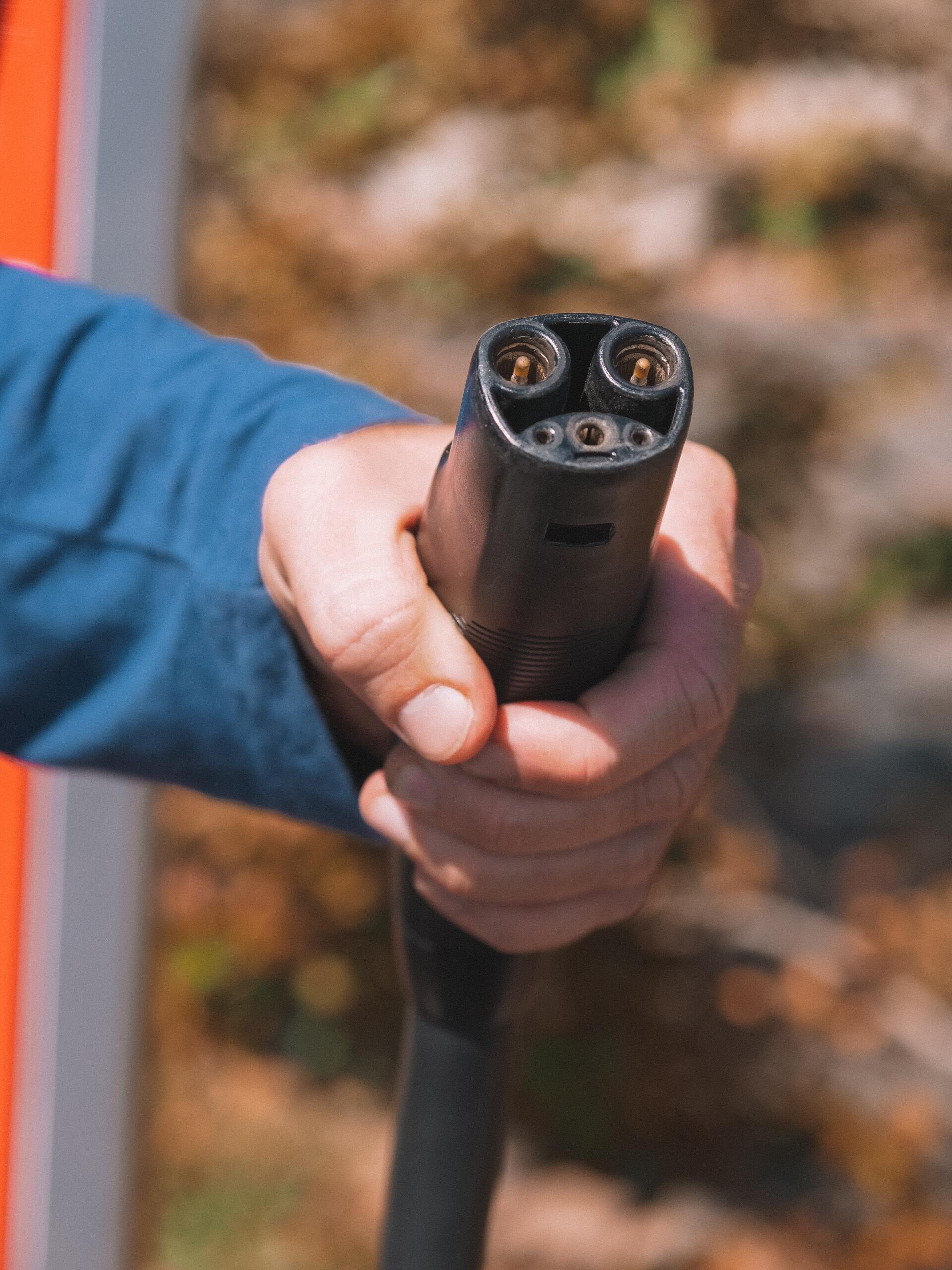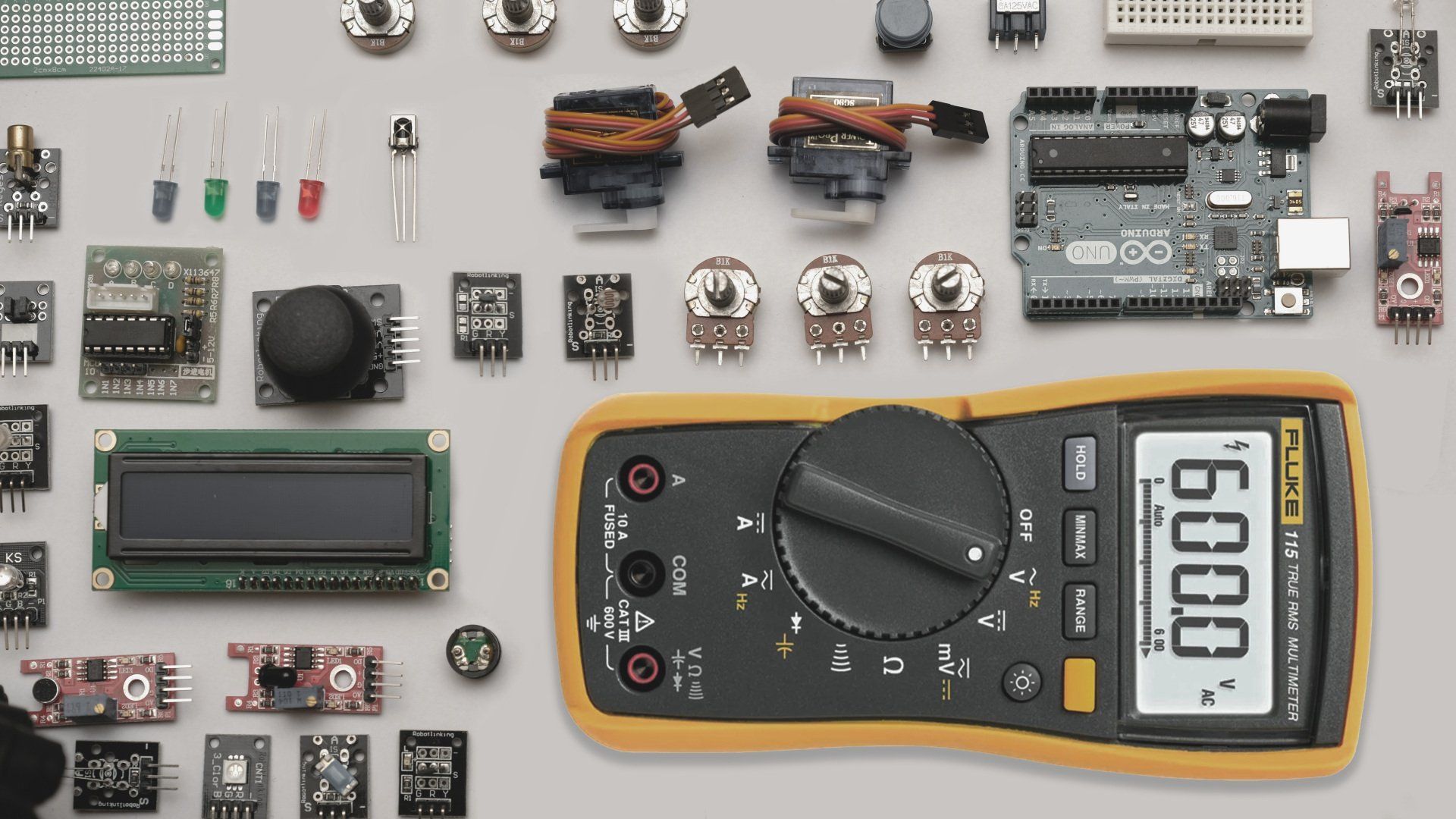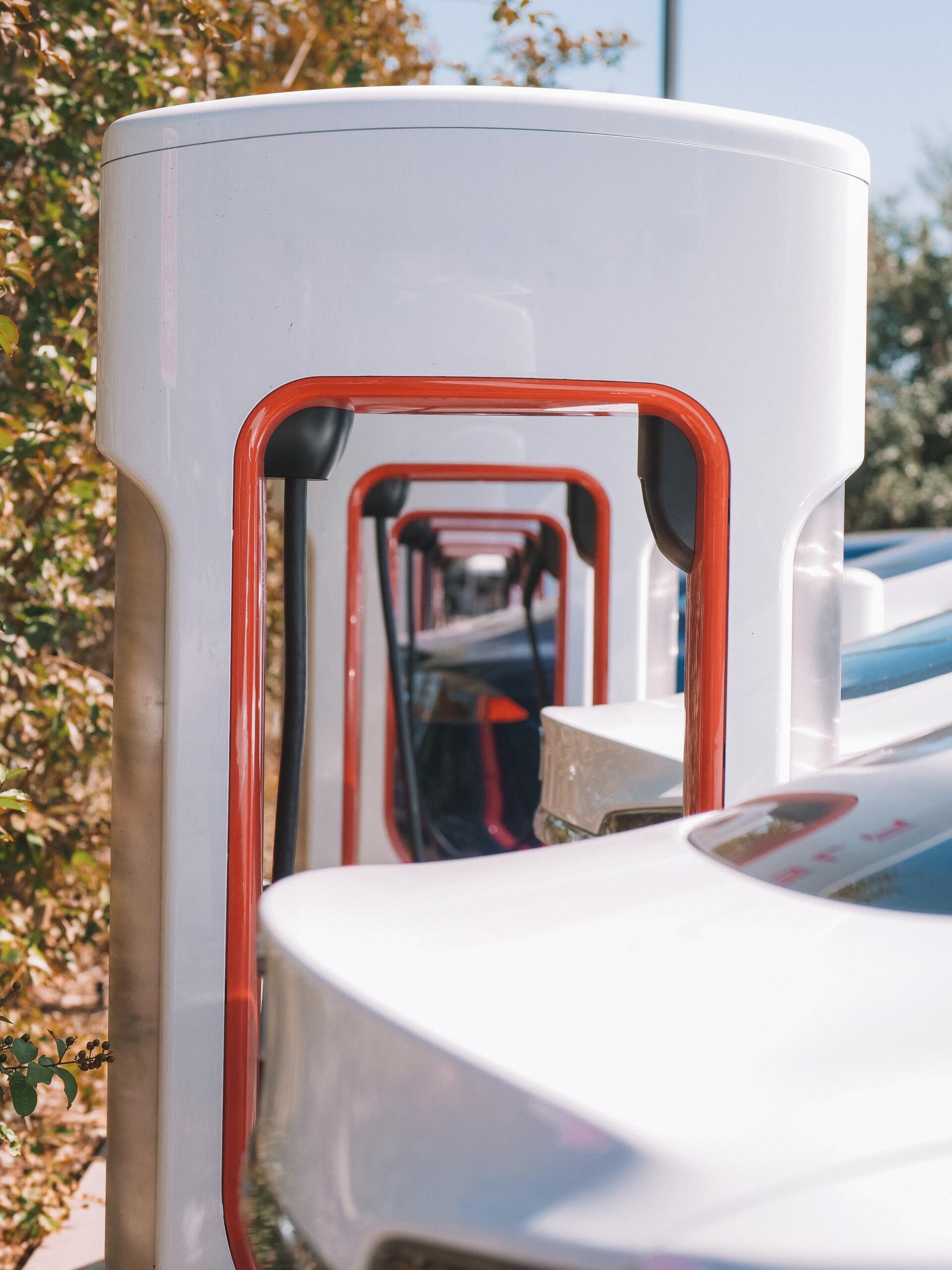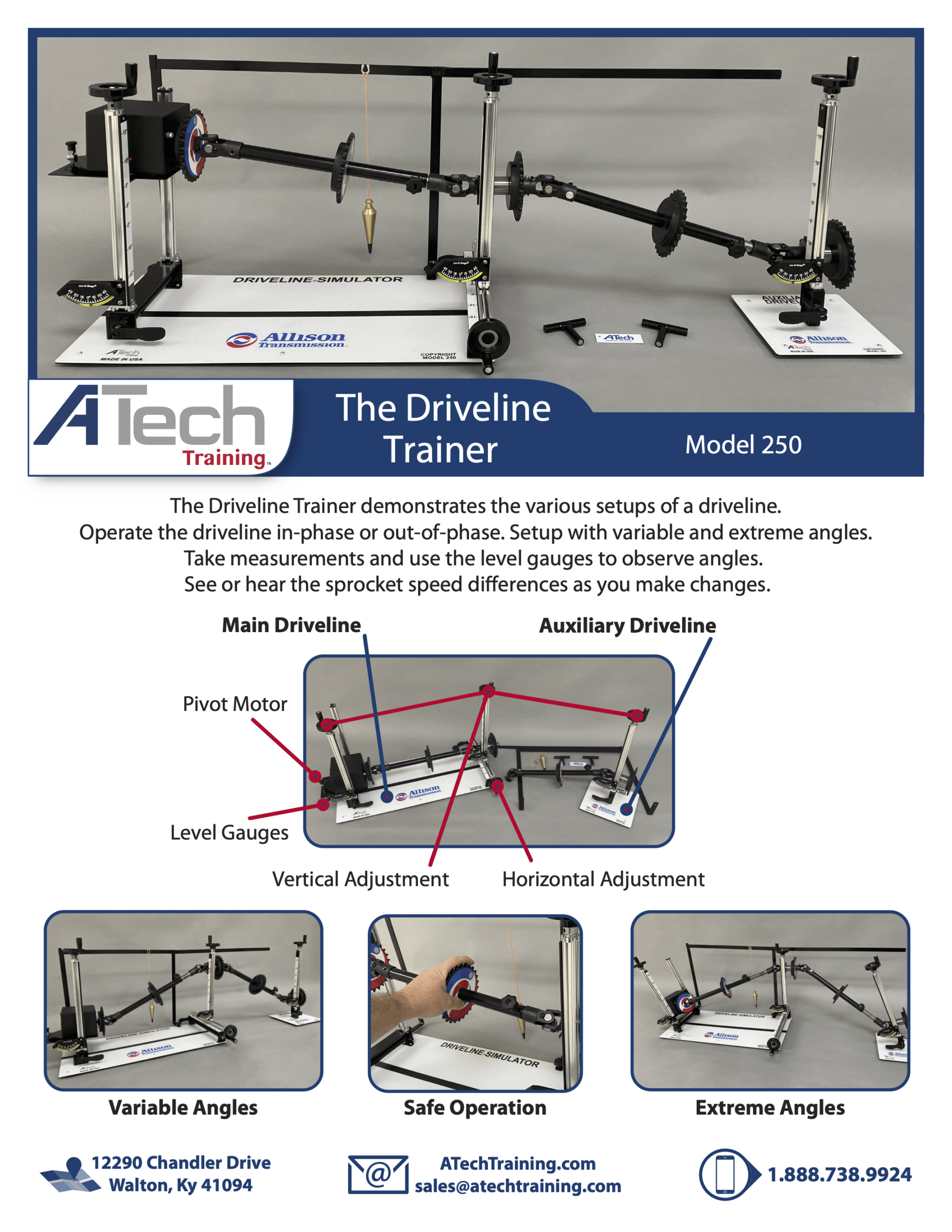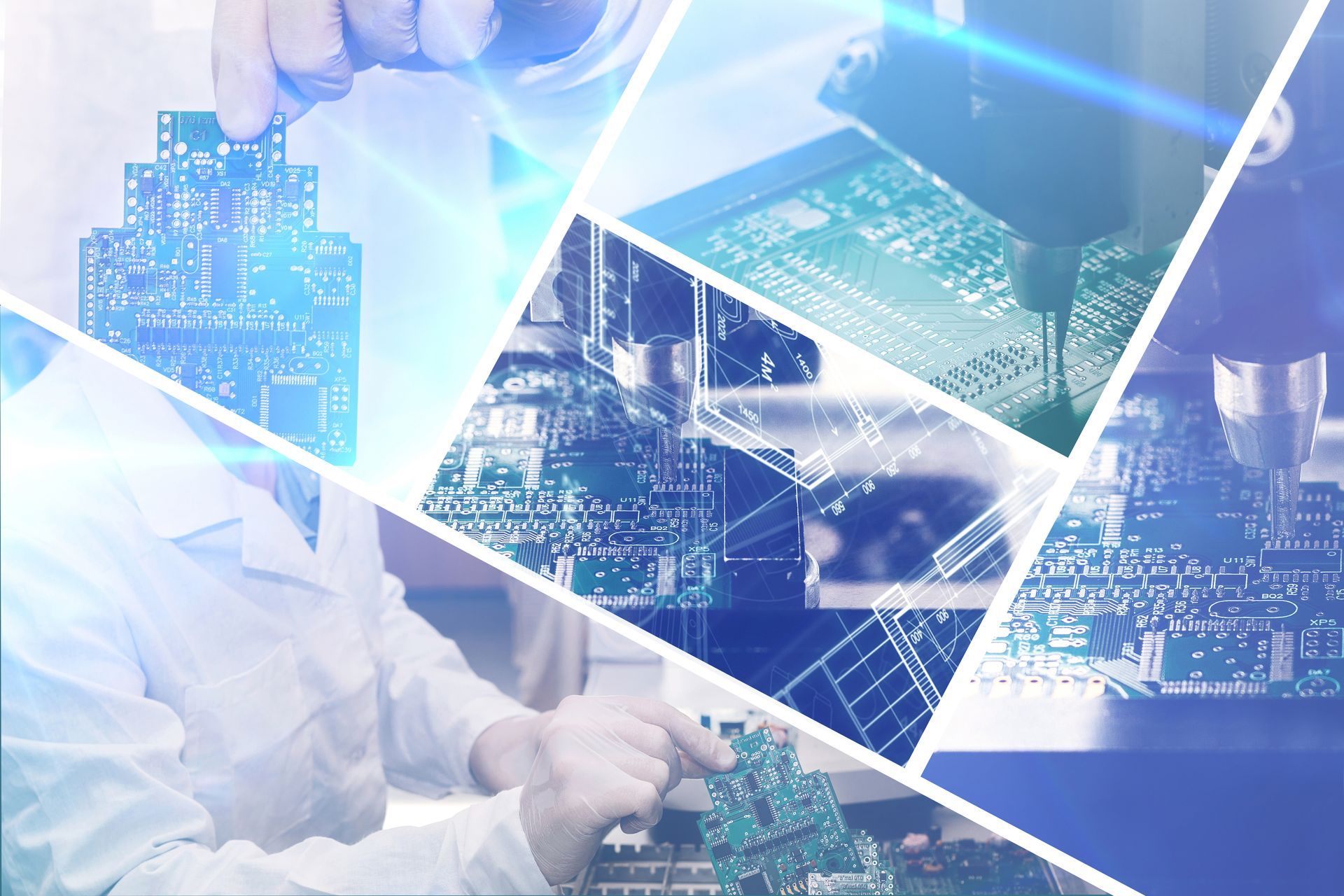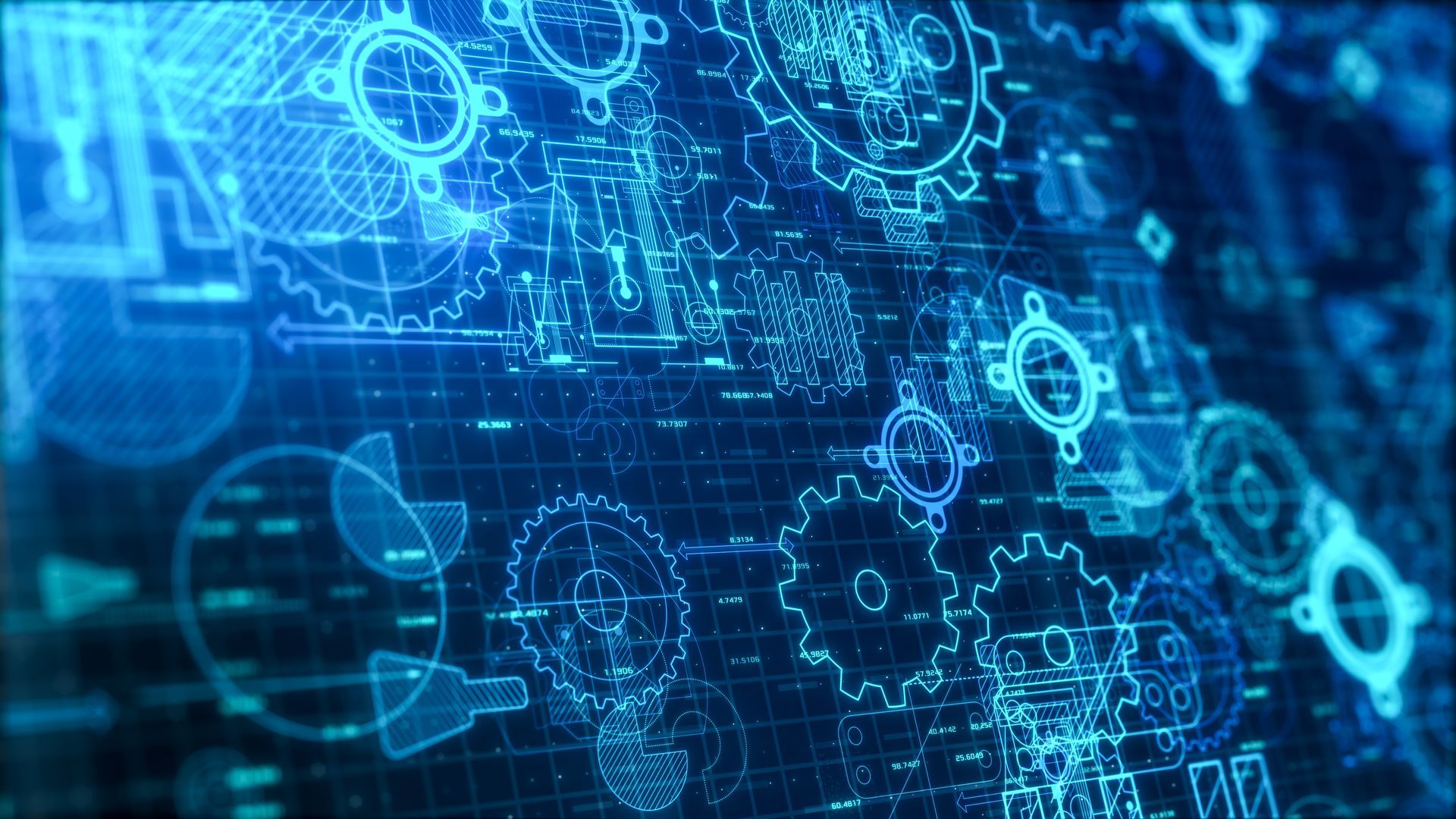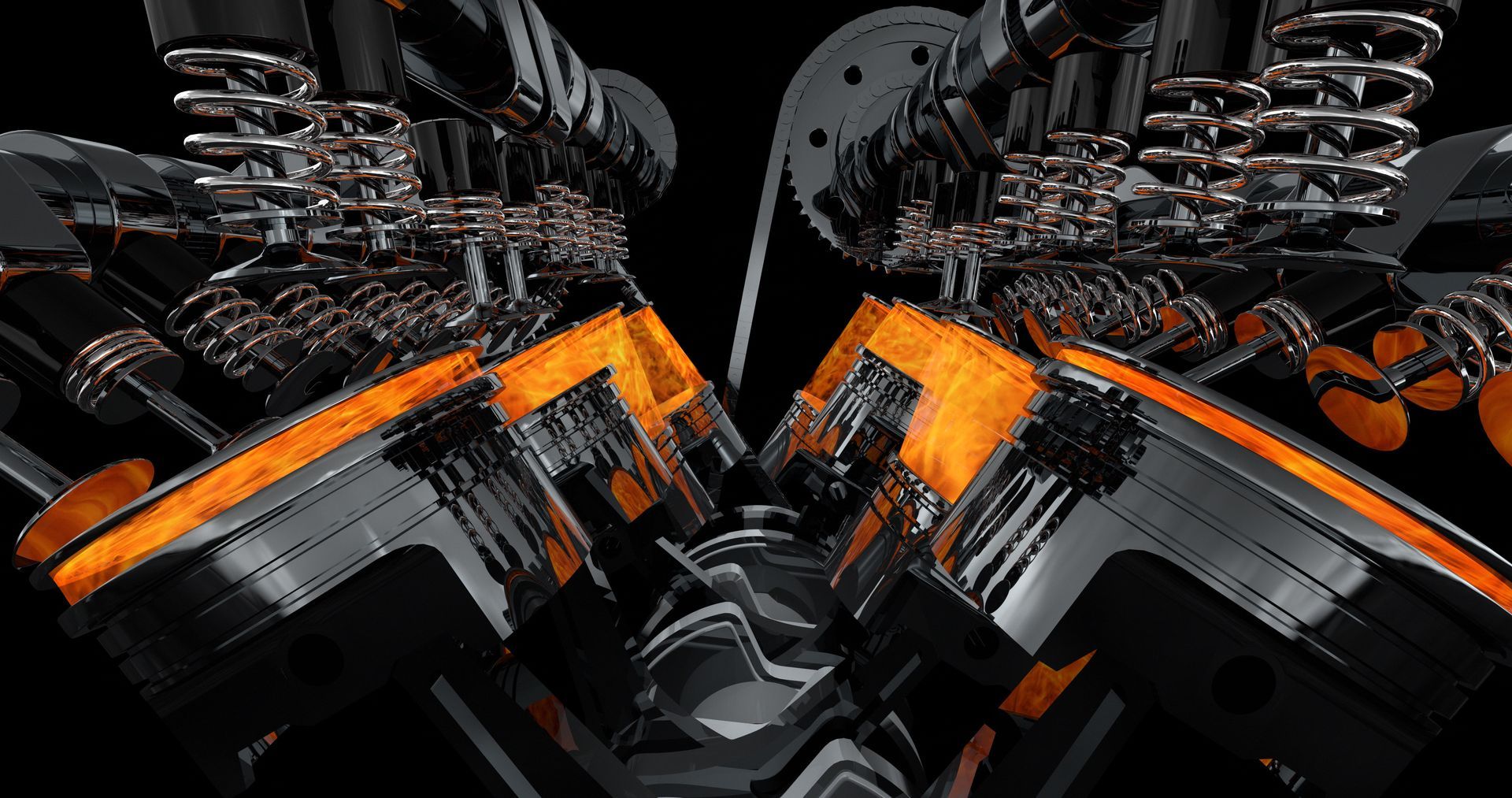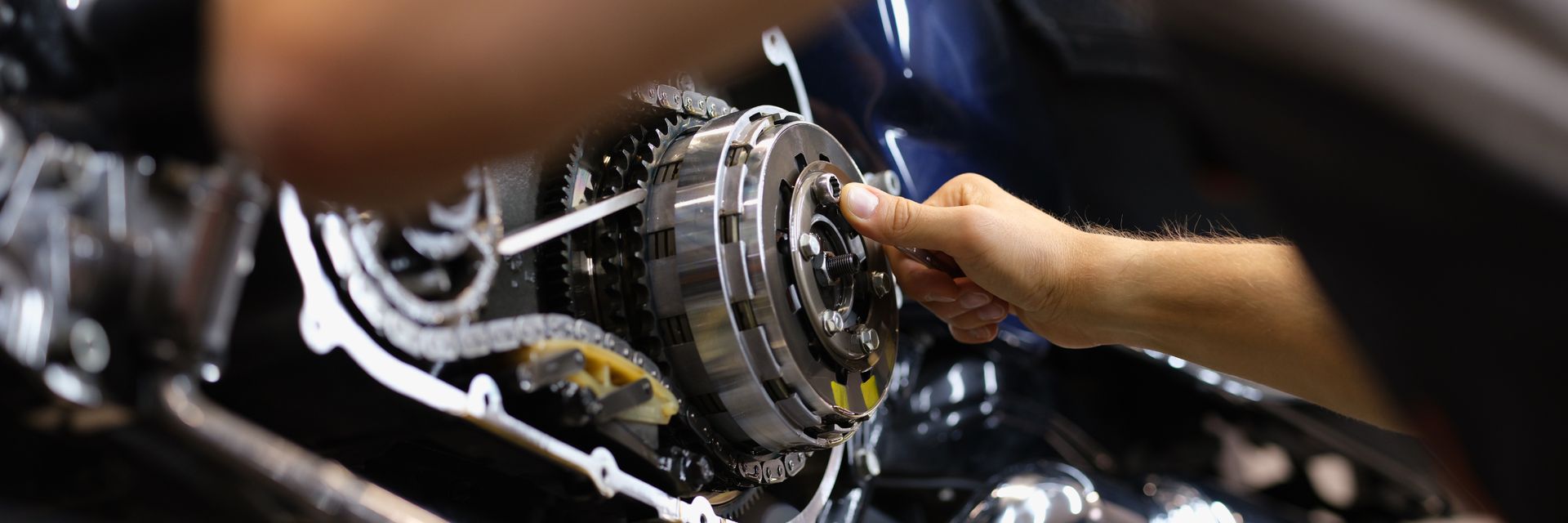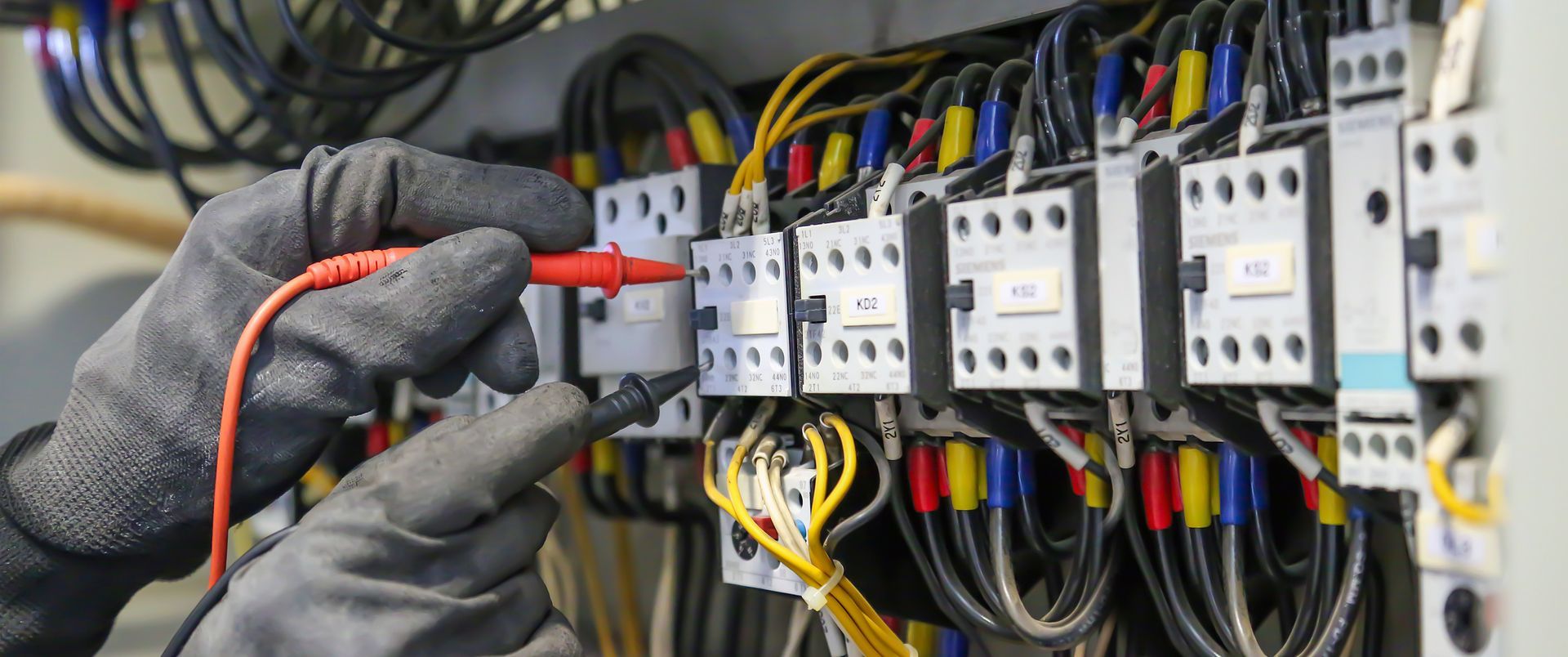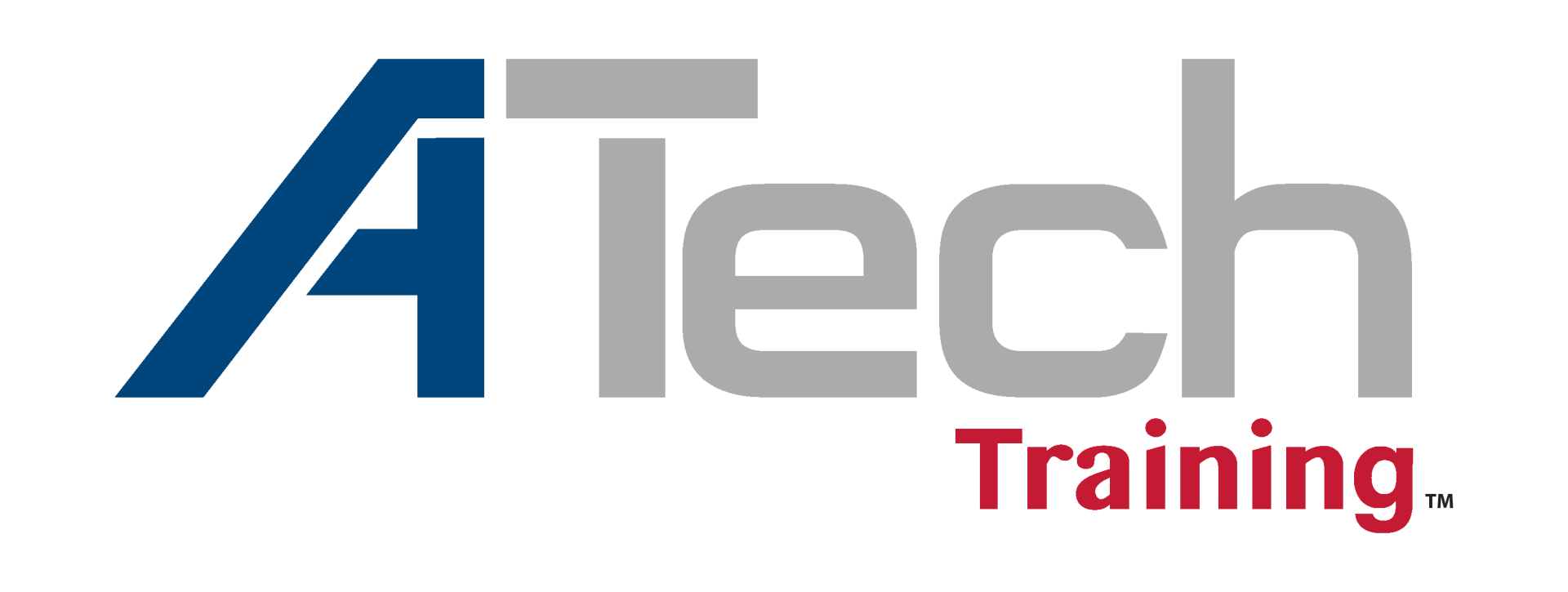My wife is on her second Prius, a 2012 plug-in model, that is approaching 190,000 miles. It has been a great car and it has been surprisingly trouble-free. We just had the front struts and tie rods replaced, but other than that, we've only had to do basic maintenance such as brakes (twice) and tires (on our fifth set).
It is very favorable that it has been trouble-free, as our local dealerships look like a deer in the headlights when we bring it in. They're great folks and do their best, but they seem to have a revolving door of "the guy" who works on hybrids. Sometimes he looks like he has his act together; other times, not. There just doesn't seem to be a decent pool of EV qualified techs in our area.
We have found an independent shop that lacks a trained EV tech, but they're willing to learn. They've told us that if a problem comes up, they'll do their best to figure it out as long as we're patient. These two experiences are a failure of the automotive repair system and not of these specific shops

